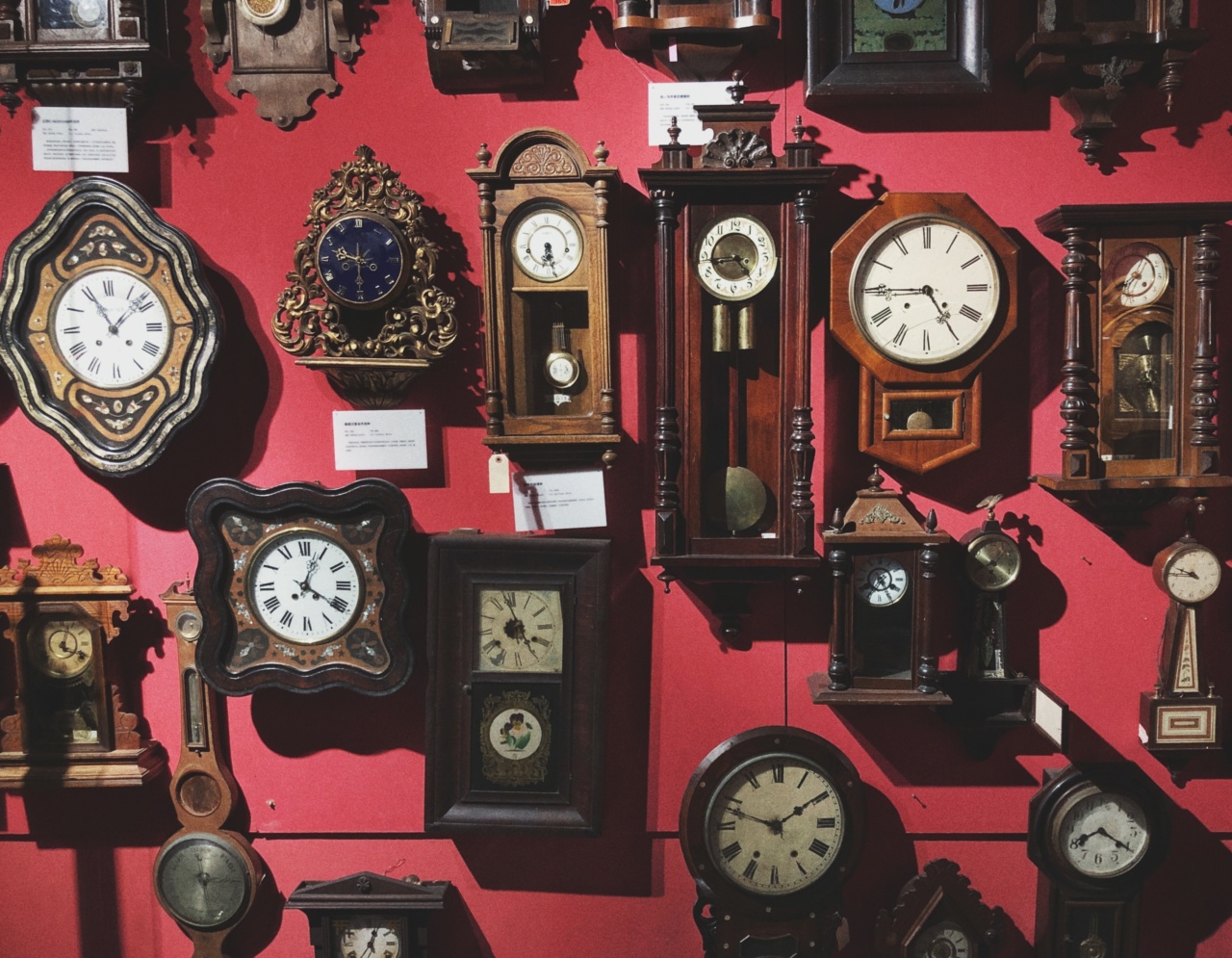Have you ever experienced a cough that seems to only occur at a specific time, whether it be morning, evening, or even midnight? While these recurring coughs may seem to be the result of a cold or flu, there is a scientific explanation behind them.
Known as “chrono-cough,” these coughs are caused by various time species and their meanings. In this article, we will explore five different time species and their meanings behind a chrono-cough.
Circadian Rhythm
The most well-known time species that can cause a chrono-cough is the circadian rhythm. The circadian rhythm is the internal biological clock that regulates the sleep-wake cycle in humans.
When the circadian rhythm is disrupted or out of sync, it can lead to a range of health issues, including a cough. People who suffer from sleep apnea or other sleep disorders may be more prone to experiencing a chrono-cough due to their disrupted circadian rhythms.
Chronobiology
Chronobiology is the study of the effect of time on living organisms. This field of science explores how biological processes, such as the sleep-wake cycle and hormone production, are influenced by the time of day or night.
In terms of a chrono-cough, chronobiology can explain why some people experience a cough only at certain times of the day or night. For example, seasonal allergies may cause a cough that is worse during the day due to increased pollen levels, while acid reflux may cause a cough that is worse at night when lying down.
Circadian Misalignment
Circadian misalignment occurs when an individual’s internal biological clock becomes out of sync with external environmental factors, such as light and temperature. This can occur when traveling across time zones or working night shifts.
When circadian misalignment occurs, the body’s natural rhythms may become disrupted, leading to a range of health issues, including a chrono-cough. People who frequently travel long distances or work night shifts may be more prone to experiencing a chrono-cough due to circadian misalignment.
Clock Genes
Clock genes are a set of genes that are responsible for regulating the circadian rhythm and other biological processes. These genes control the production of proteins that are involved in the body’s internal clock.
Issues with clock genes can lead to disruptions in the circadian rhythm and other health issues. For example, mutations in clock genes have been linked to sleep disorders and other circadian rhythm-related disorders, which may contribute to a chrono-cough.
Chronology
Chronology refers to the study of time and its effects on history and events. In terms of a chrono-cough, chronology can explain why some people may experience a cough only during certain times of the year or at specific events.
For example, some people may experience a cough during the fall months due to increased allergens in the air, while others may experience a cough during a certain sporting event due to increased exposure to smoke or dust.
Conclusion
In conclusion, a chrono-cough can be caused by a range of time species and their meanings, including the circadian rhythm, chronobiology, circadian misalignment, clock genes, and chronology.
By understanding the causes behind these recurring coughs, individuals can take steps to manage their symptoms and improve their overall health. If you are experiencing a chrono-cough, it is important to speak with your healthcare provider to rule out any underlying health conditions and to develop an appropriate treatment plan.































